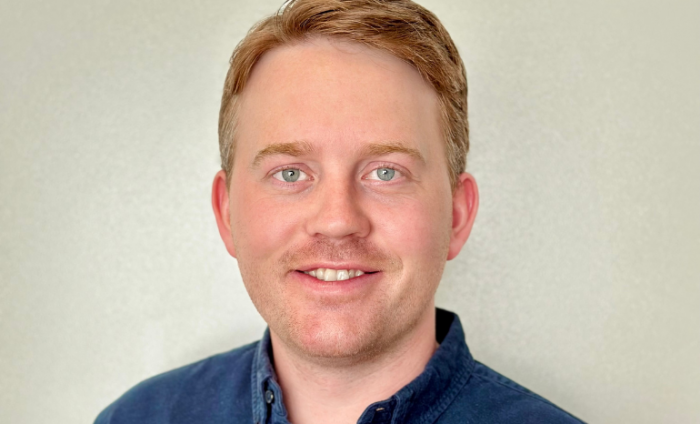
After graduating from UCL School of Management in 2016, entrepreneur Victor Dyrnes co-founded Guinea Mobile, a Latin American-based technology startup specialising in telecommunications services. Today, the company serves over 100,000 mobile subscribers and B2B clients across the region. Like many operators, Guinea Mobile faced a critical challenge: reducing customer attrition - more commonly known in the industry as churn.
To explore how data could provide solutions, the company partnered with an MSc Business Analytics student for their dissertation project. What followed far exceeded expectations: not only did the collaboration deliver a powerful predictive model, but it also generated real, measurable and lasting results for Guinea Mobile.
who are guinea mobile?
At Guinea Mobile, we’re pioneering personalised mobile connectivity in Peru. As an MVNO operating on the Claro network, we provide white-label and IoT mobile solutions, along with PeruSIM—our leading brand for tourists seeking hassle-free mobile service in Peru. Our strength lies in using data to design tailored, customer-first mobile experiences.
When UCL School of Management reached out with the opportunity to host an MSc Business Analytics student for a consulting project, it was a perfect match. We had a big question: how can we better predict customer behaviour, specifically churn and upsell potential, across our 100,000+ mobile subscribers and B2B clients?
The project: predicting churn, improving retention
The student was tasked with developing a customer scoring model that could do two things:
- Predict which users were at risk of leaving.
- Segment our base for targeted retention strategies.
She dove into over 3 billion events from our BigQuery data warehouse, covering everything from voice, data, and SMS usage to payments and CRM activity. Her methodology was structured, clean, and impressively robust—leveraging LightGBM and XGBoost models, then building a stacked ensemble that achieved a 0.547 F1-score and ROC-AUC of 0.923 on the test set.
The model went far beyond academic insight—it worked.
key findings and real-world impact
Some of the insights we gained from the project were both intuitive and surprising:
- Low or zero payments were the strongest predictor of churn.
- Zero-voice users were 8.5x more likely to churn, and zero-data users were 3x more likely
- New customers (<6 months tenure) were more likely to leave if not engaged early.
The customer scoring system translated model outputs into four distinct risk bands—from “Monitor” to “Urgent”—and proposed specific retention actions such as loyalty incentives, S/35 saldo credit offers for high-risk users, and reactivation campaigns for disengaged customers.
Most impressively, the model was estimated to generate a 354% ROI annually based on retention campaign simulations, with a net benefit of over S/118,000.
how was the experience for the student?
As a UCL School of Management alumnus, I was personally involved throughout the project. We provided:
- Access to internal datasets and CRM platforms.
- Weekly check-ins to refine the scope and adapt to business needs.
- Context about our B2C and B2B operations in Peru’s telecom space.
In return, the student not only built a complete end-to-end ML pipeline—including code, SQL scripts, and executive summaries—but also learned how to communicate technical insights in a business-friendly way, balancing analytics with action.
the experience overall
It was a fantastic experience. The quality of the work exceeded expectations, and we’re already preparing to integrate the model outputs into our CRM for live campaigns. While the upsell model wasn’t implemented in this phase, the groundwork is there, and we plan to build on it. The collaboration has created real business value and a foundation for future projects.
Personally, it was also fulfilling to reconnect with UCL in a mentor capacity. As an MSc Technology Entrepreneurship graduate, it’s exciting to now help shape the learning journey of the next generation.
about victor dyrnes
I’m Victor Dyrnes, CFO and co-founder at Guinea Mobile, and an alumnus of UCL’s MSc in Technology Entrepreneurship. Since graduating, I’ve been building businesses in Latin America across telecom, real estate, SEO and food, always with a data-first mindset. Being part of this collaboration reminded me just how valuable the UCL community is—and how much we can learn from one another.
would you like to work with a ucl school of management student?
If you would like to find out more about our MSc Business Analytics student projects, please reach out to Tracey Phillipson, view our webpage, or register your interest.